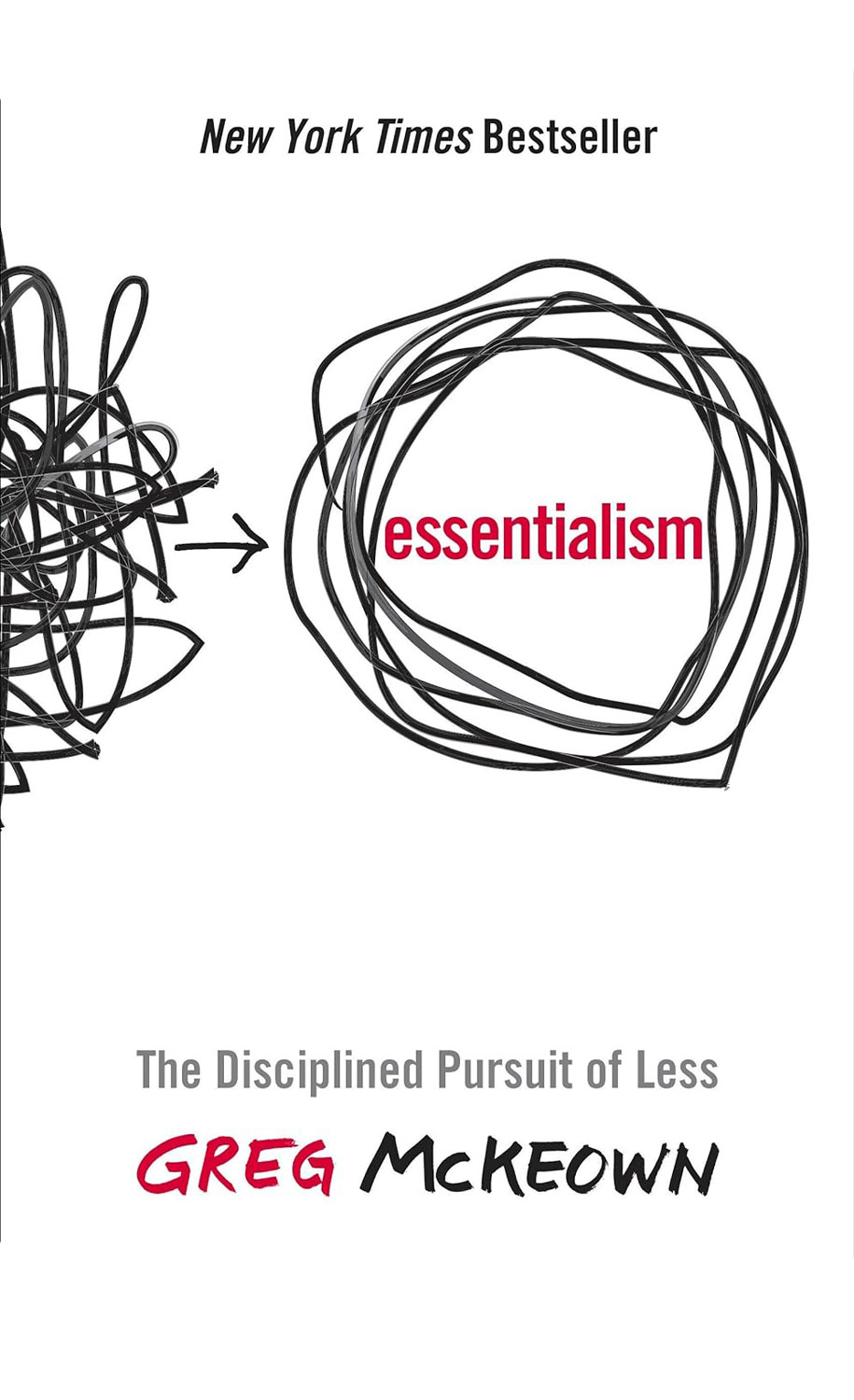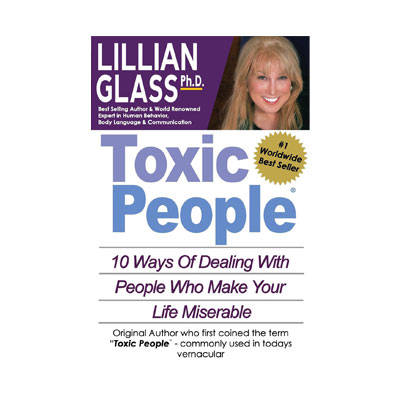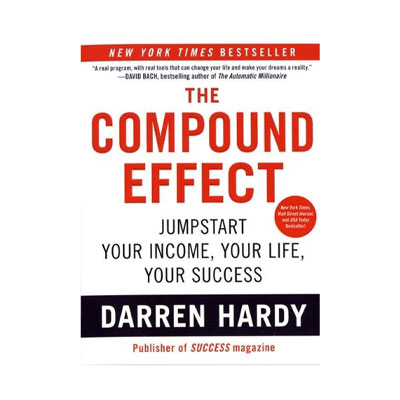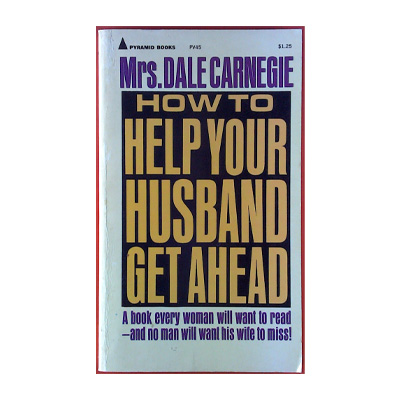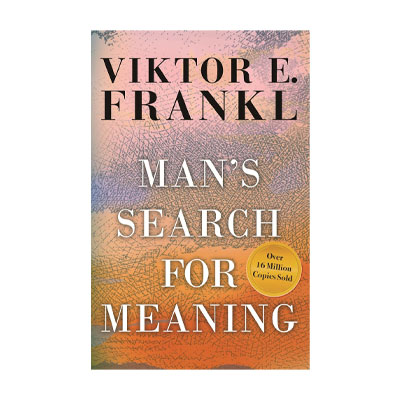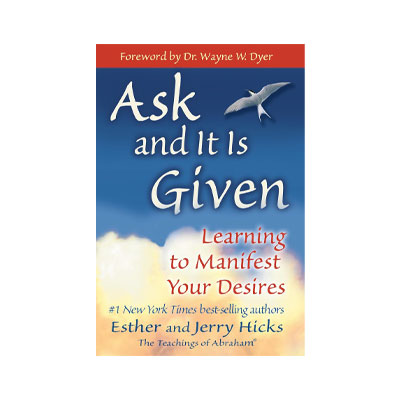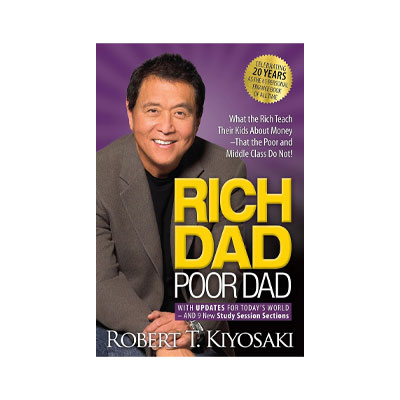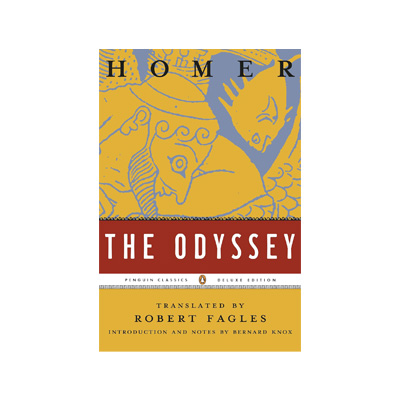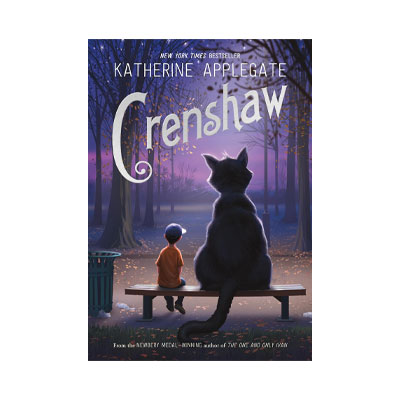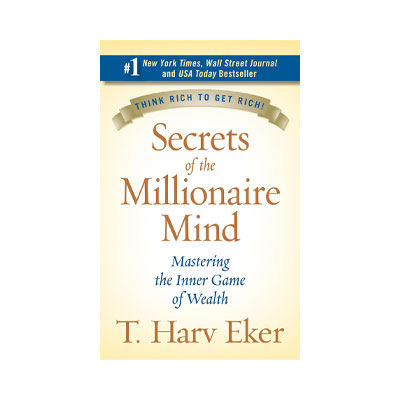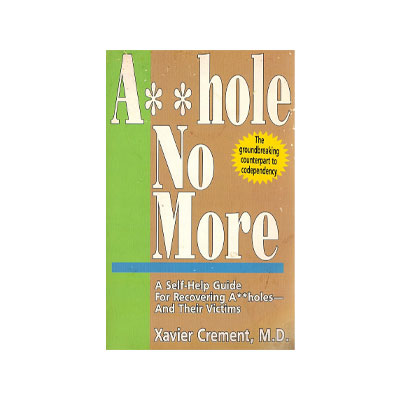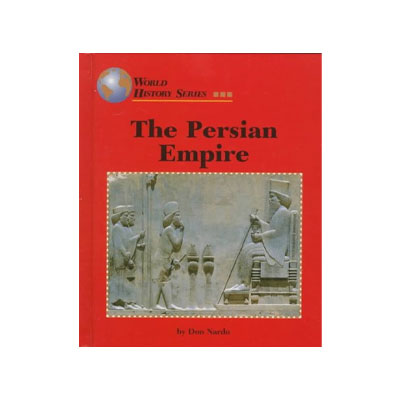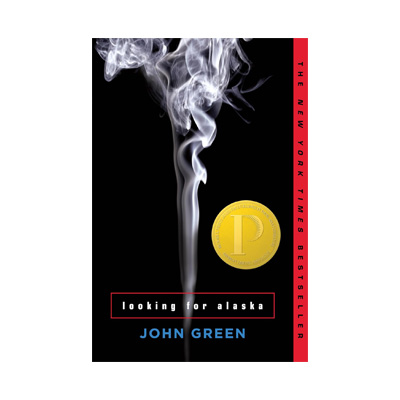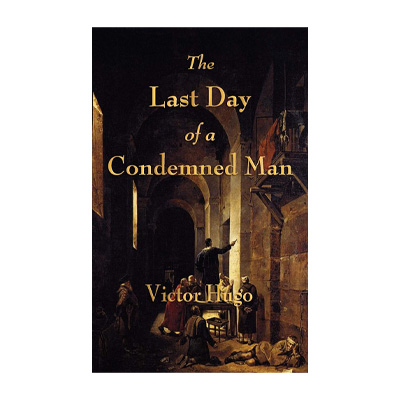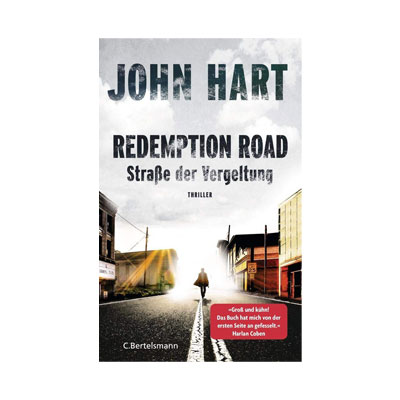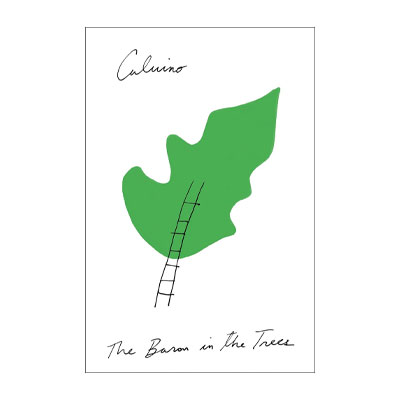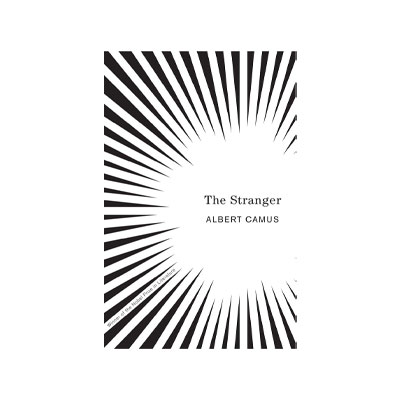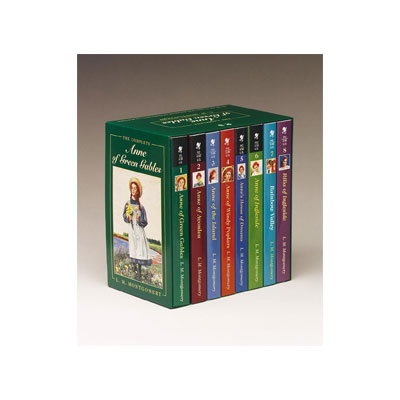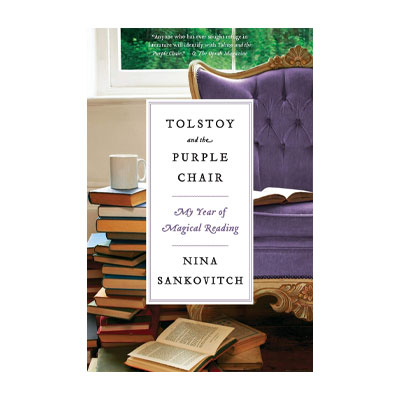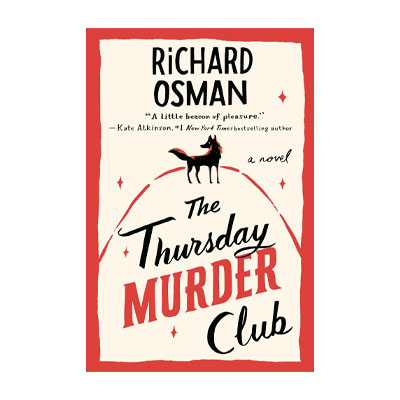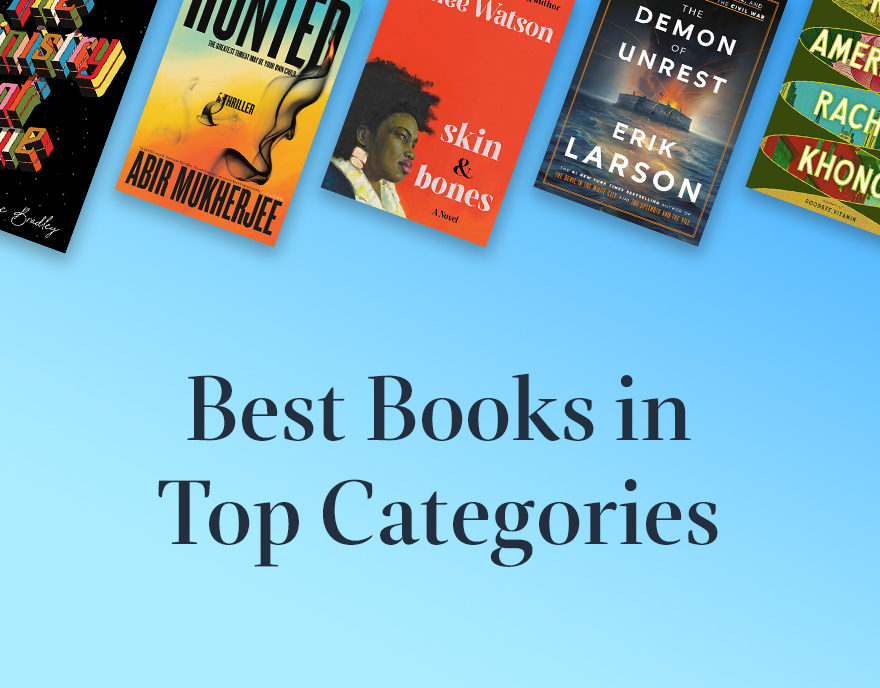Book Summary
In "Essentialism" Greg McKeown shows all the aspiring individuals who have chosen it for reading how they can achieve better results with less but smarter work. Working less does not mean neglecting tasks or being lazy, but rather focusing on the most essential tasks that are crucial to achieving the most important results. Essentialism means focusing on the main tasks instead of doing multiple tasks simultaneously, which leads to a decrease in the individual's focus.
McKeown teaches in his work the vital point that humans are not supposed to say yes to everyone and every action, but rather they should say no in many times and places because of the few valuable matters that exist. Essentialism and being essential are two emphasized concepts in this book that relate to a mindset that needs to be formed initially, and then activities should be based on this mindset.
People in different positions in personal and professional life are faced with a large volume of extra work that should not be their responsibility. Instead, in order to prevent wasting energy and time, they should only accomplish tasks that lead them to desired and desirable results by using practical solutions provided by McKeown. Another turning point of essentialism can be its unique and innovative content, which distances itself from clichés in self-help works and speaks to the audience's heart with its examples and is truly meaningful and practical.
Its publication in 2014 and the reception it has received from the largest employers worldwide testify to the greatness of this book.
About the Author
Greg McKeown is an English author, leadership and business strategist, and public speaker who was born in London in 1977. He joined the World Economic Forum's Young Global Leaders community in 2012 and has since focused on writing bestselling books. Some of his most important works include "Essentialism: The Disciplined Pursuit of Less," "Effortless: Make It Easier to Do What Matters Most," and "Multipliers: How the Best Leaders Make Everyone Smarter Furthermore", McKeown holds a Master's degree in Business Administration from Stanford University and has given numerous speeches in countries such as Australia, Canada, Italy, Ireland, India, England, and Japan. He has also conducted various interviews with reputable magazines like Fortune and Fast Company.
Who Should Read the Book?
If you are among those people who are seeking to maximize their time and energy usage and want to have significant growth in their performance, be sure to use essentialism.
Table of Contents
Essentialism is divided into 4 parts and 20 chapters, offering lessons to readers.
Book Quotes
Negotiation is one of the most important skills we need to learn in our lives. We must know what we truly want and be willing to work hard to achieve our goals. Always remember that choices and difficult options are in front of us. We must take responsibility for all these choices and take control of our own destiny. If we don't do this for ourselves, rest assured that others will step in and take control of our lives.
